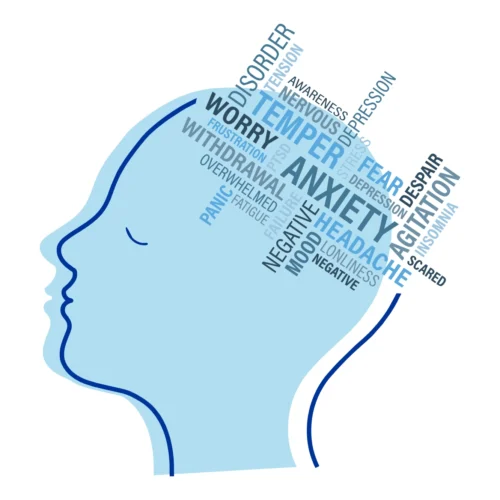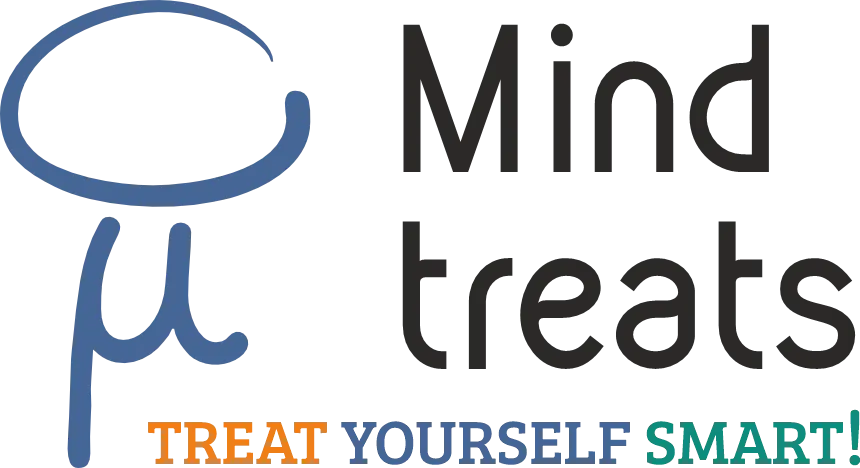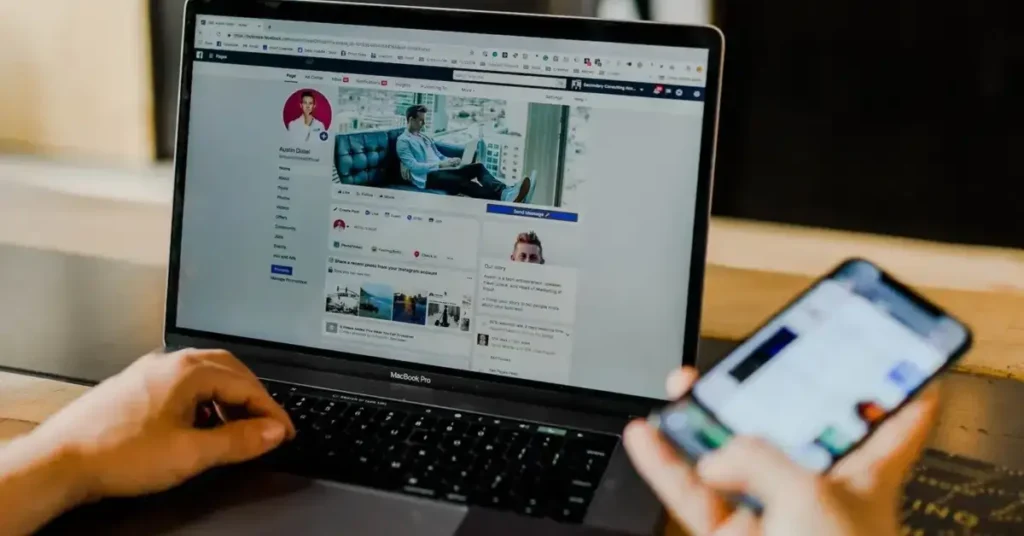With the widespread use of digital technology, there has been a growing concern about its impact on mental health. One area of particular concern is the rise of Attention Deficit Disorder (ADD) and its connection with social network usage. ADD is characterized by symptoms such as difficulty with concentration and attention, forgetfulness, and impulsivity.
The increasing prevalence of ADD in recent years has prompted researchers to explore the potential role of the internet in exacerbating its symptoms. In this section, we will examine the relationship between ADD and digital media, shedding light on the underlying trends and insights.
Key takeaways
- ADD has become more prevalent in recent years, with the rise of the internet and digital technologies being a contributing factor.
- Understanding the symptoms of ADD is crucial for recognizing its impact and identifying potential causes.
- Studies suggest a detrimental effect on mental health, including heightened ADD symptoms and increased prevalence of other mental disorders.
- Social networks and online distractions may play a significant role in exacerbating ADD symptoms.
- Coping strategies are essential for managing ADD and other mental disorders in the digital age.
Impact of Information Overload on Mental Health
Living in a fast-paced, information-rich world can sometimes lead to challenges in managing attention. Various mental disorders showed a strong upward trend since the internet became publicly available. For people experiencing the effects of excessive information overload, often associated with attention deficit disorder (ADD), navigating daily tasks can be overwhelming. Symptoms often manifest as:
- Difficulty sustaining attention
- Impulsivity and restlessness, affecting both work and home life
- Forgetfulness and disorganization
- Frequent daydreaming and distraction
- Struggling to follow through on tasks or complete projects
- Difficulty with time management
- Interrupting others or speaking out of turn
- Fidgeting, restlessness, and difficulty sitting still
- Mental and physical fatigue

The Internet and Mental Health
The internet has undoubtedly revolutionized the way we live and work, providing us with instant access to information, services, and social connections. However, this rapid digital transformation has also raised concerns about its impact on mental health. The rise of mental disorders, including ADD, has been attributed to various factors associated with internet use.
Excessive use of the internet has been linked to various mental health problems, such as depression, anxiety, and social isolation. As our online lives become increasingly intertwined with our daily routines, it can be challenging to disconnect and take breaks from the constant stream of information and stimulation.
“Heavy users (vs. light) of digital media were 48% to 171% more likely to be unhappy, to be in low in well-being, or to have suicide risk factors such as depression, suicidal ideation, or past suicide attempts.”
Twenge JM, Campbell WK; Psychiatr Q. 2019 Jun;
Studies have shown that the overstimulation and cognitive overload caused by the internet can negatively impact our ability to focus and maintain attention. The endless distractions and notifications can cause us to become easily distracted and impulsive, resulting in impaired productivity and performance. Moreover, social media networks have been found to have addictive properties that can lead to compulsive and obsessive behaviors. The constant comparison and pressure to present an idealized image of oneself can contribute to low self-esteem and self-worth, further exacerbating mental health issues.
Impact of Social Networks on Mental Health
Social networks have become an integral part of modern-day communication and networking. However, the excessive use of these platforms may have adverse effects on mental health. The constant stimulation they provide and their addictive nature may contribute to the increasing prevalence of mental disorders, including Attention Deficit Disorder (ADD).
Many people spend hours scrolling through their social media feeds, which can lead to an overload of irrelevant information and distractions. This can make it challenging to focus on essential tasks and persist with them, increasing the risk of developing ADD. In addition, social networks may cause increased anxiety, depression, and feelings of isolation. They create an unrealistic comparison between online personas and real-life scenarios, leading to increased pressure and stress.
The need for external validation through likes, shares, and comments may create an unhealthy obsession with social media and establish a constant desire for attention. This may result in further mental health degradation, including a decrease in self-esteem and self-worth.
While social networks provide a convenient and effective way to communicate with others, it is essential to set boundaries to prevent mental health issues. Limiting the time spent on social media and engaging in activities that encourage productivity and focus can go a long way in mitigating the negative effects of social networks on mental health.
Addressing the Challenges: Coping Strategies and Solutions
Living with Attention Deficit Disorder (ADD) in the digital age can be a challenging experience. However, there are various practical strategies and coping mechanisms that can help you stay focused and mitigate the potential negative effects of the internet on your attention levels.
1. Minimize Digital Distractions
One of the most effective ways to manage ADD symptoms is by minimizing digital distractions. You can try using browser extensions to block social media and other non-work-related websites during work hours. Also, turning off push notifications on your devices can help you stay focused on your tasks.
2. Use Time Management Techniques
Time management techniques such as the Pomodoro method can also help you improve your attention levels. The Pomodoro technique involves breaking your workday into 25-minute work intervals followed by 5-minute breaks. This approach can help you stay focused and reduce digital distractions.
3. Practice Mindfulness
Mindfulness practices such as meditation, yoga, and deep breathing can also be helpful in managing ADD symptoms. These practices can help you slow down and become more aware of your thoughts and emotions, allowing you to stay present and focused in the moment.
“Reducing social media, which promised to help us connect with others, actually helps people feel less lonely and depressed.”
Sources:
Science daily, Mental health issues increased significantly in young adults over last decade https://www.sciencedaily.com/
MIT Sloan School of Management, Study: Social media use linked to decline in mental health https://mitsloan.mit.edu/
National library of medicine, Media Use Is Linked to Lower Psychological Well-Being https://pubmed.ncbi.nlm.nih.gov/30859387/
Citation: Twenge JM, Campbell WK. Media Use Is Linked to Lower Psychological Well-Being: Evidence from Three Datasets. Psychiatr Q. 2019 Jun;90(2):311-331. doi: 10.1007/s11126-019-09630-7. PMID: 30859387.
Researchgate, Limiting Social Media Decreases Loneliness and Depression https://www.researchgate.net/
Citation: Hunt, Melissa & Young, Jordyn & Marx, Rachel & Lipson, Courtney. (2018). No More FOMO: Limiting Social Media Decreases Loneliness and Depression. Journal of Social and Clinical Psychology. 37. 751-768. 10.1521/jscp.2018.37.10.751.




